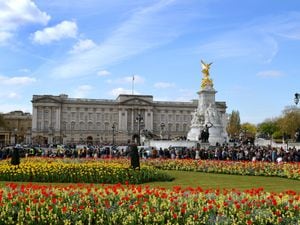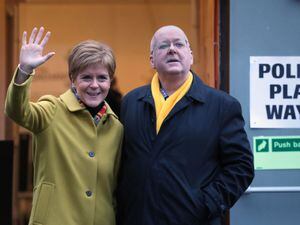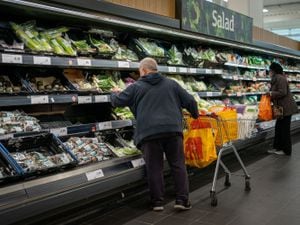Royal tour of Europe coincides with triggering of Article 50
By the end of the year the Royal Family, dubbed Brexit Ambassadors by the press, will have visited the majority of the EU’s major member states.
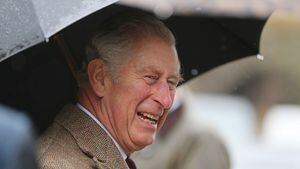
The Prince of Wales will begin a nine-day visit to Europe as Theresa May triggers the start of the UK’s formal withdrawal from the EU.
Charles’ tour will also include visits, with the Duchess of Cornwall, to Italy and Austria in a trip that will be seen as a bridge-building exercise with the continent as Brexit begins.
The monarchy are seen as the nation’s most important figureheads, with their soft style of diplomacy renewing ties and strengthening bonds with nations through official visits.
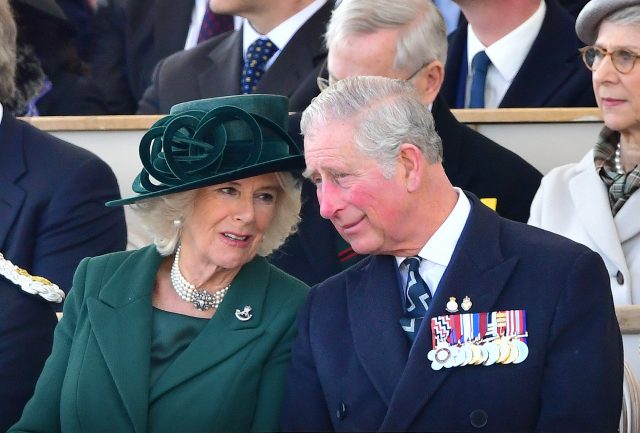
By the end of the year the Royal Family, dubbed Brexit Ambassadors by the press, will have visited the majority of the EU’s major member states, France, Germany, Italy and Poland with the King of Spain coming to the UK for a state visit.
The Cambridges have already visited France, Kate will make a trip to Luxembourg in May, and in July the couple will tour Germany and Poland.
Highlights from Charles and Camilla’s trip include an audience with Pope Francis, while the Prince will meet survivors of last summer’s Italian earthquake and the Duchess will tour the world famous Roman town of Herculaneum.
Charles has visited Italy many times and also has a close connection with Romania, as he has a country retreat in the remote village of Valea Zalanului in the region of Transylvania.
Charles and Camilla will fly around the continent in the converted RAF A330 Voyager refuelling aircraft which was used by David Cameron when he was in office.
The Foreign and Commonwealth Office has said about the tour: “Royal visits play a very important role in the United Kingdom’s bilateral diplomacy.
“The Royal Family are excellent and experienced ambassadors for the United Kingdom. Whilst every royal visit is unique, each visit is designed to support foreign policy objectives and promote closer ties across a range of areas, for example cultural, economic or political, between the UK and the host country.”

